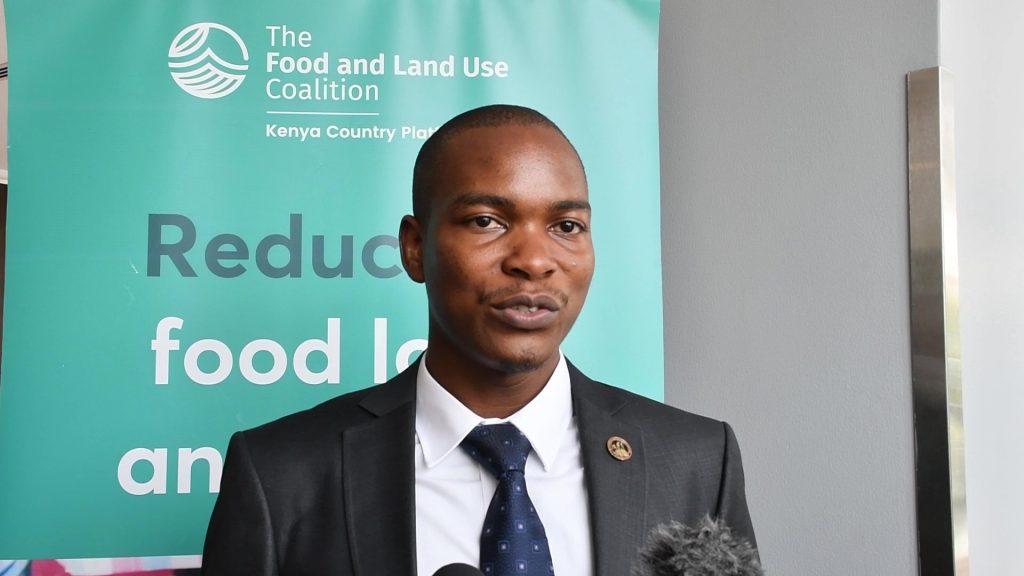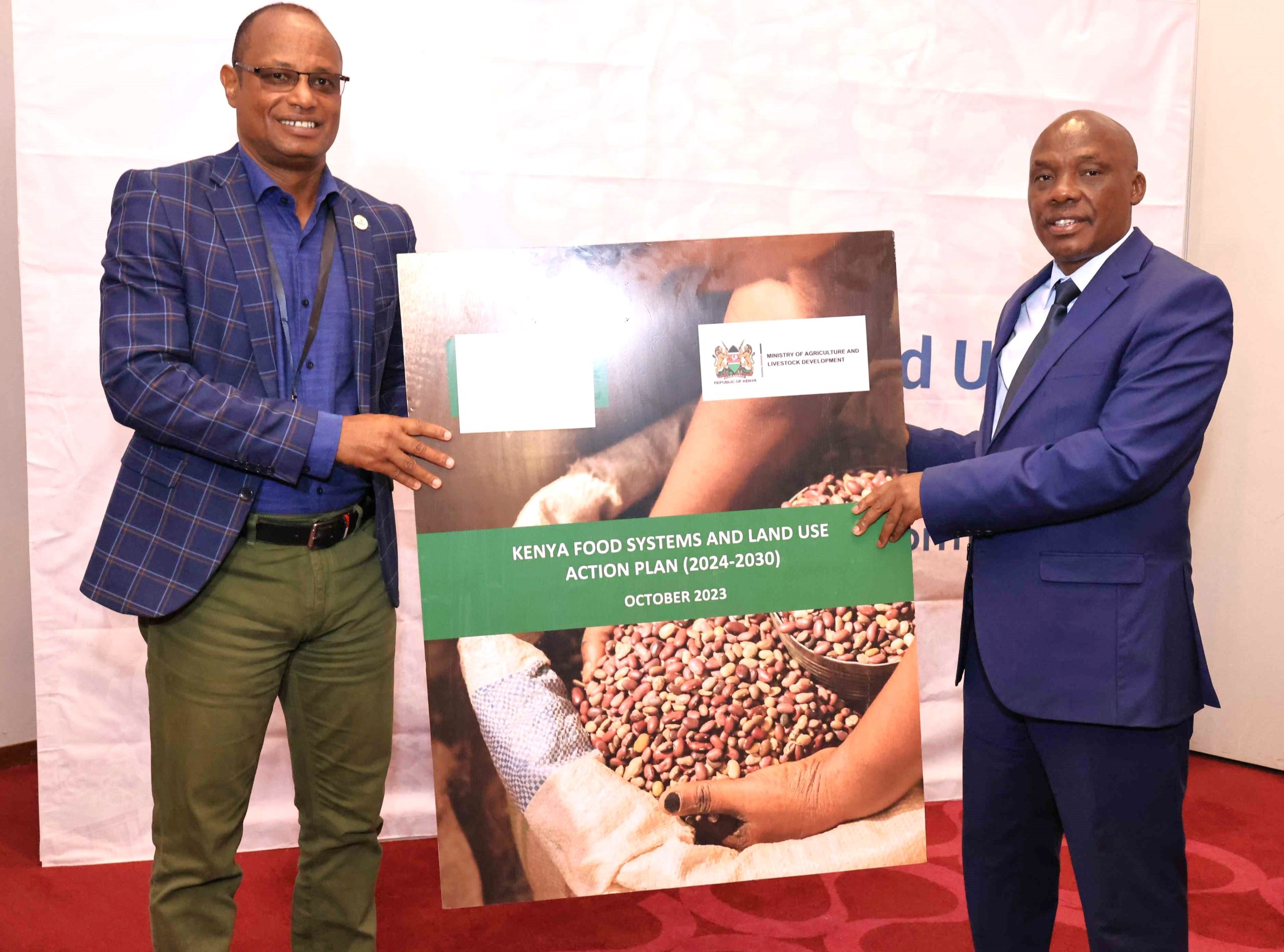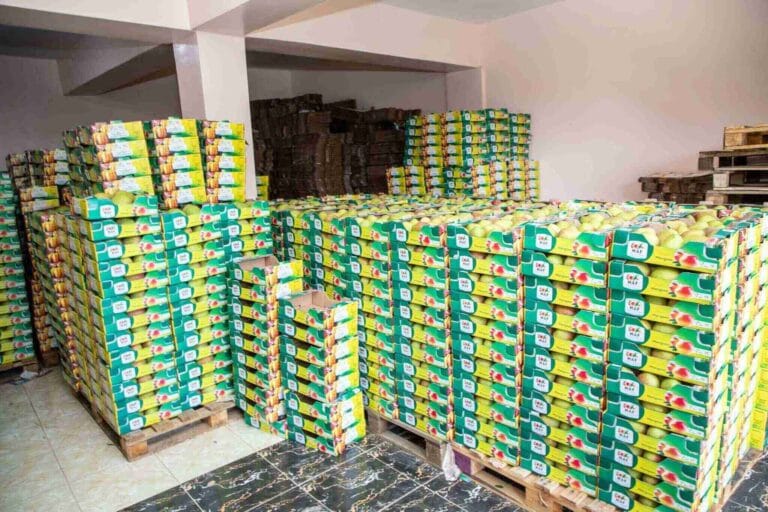The government is committed to address soil health in order to transform Kenya’s Food Systems. The Principal Secretary State Department of Crop Development and Research Dr. Paul Ronoh gave the commitment during a World Soil Day Conference in Nairobi.
The conference whose theme was “Enhancing Soil Health for Sustainable Food Systems” was hosted by the Food and Land Use Coalition (FOLU) Kenya and other partners of the Coalition.
“I am greatly honoured to join you in this year’s World Soil Day celebrations. The 68th session of the United Nations General Assembly declared the year 2015 as the international years of soil and since then, every 5th of December is celebrated as the World’s Soil Day,” said Dr. Ronoh. “The nexus between soil health and land use is strongly correlated. Improve soil health through appropriate land use practices is vital for intensification of agriculture production, thus enhancing food security and protecting the environment,” he added.
The conference brought together more than 100 stakeholders to discuss the vital role soil health and management play in pursuing food production that meets the nutritional needs of Kenya’s growing population.
Also, during the conference, The Kenya Food Systems and Land Use Action plan 2024-2030 that makes recommendations on building a more sustainable, inclusive, and resilient food system for Kenya was launched. This strategic plan prioritises key issues such as sustainable land use, productive and regenerative agriculture, healthy diets, reducing food loss and waste, protecting and restoring nature and whole system transition through gender, youth and social inclusion.
Through collaborative efforts with multiple stakeholders, this strategic plan aspires to establish for Kenya a food system that nourishes its people, protects the planet, and drives the economy.
Kenya’s agriculture sector, integral to its economy and food security, currently realizes only 25% of its potential yields. This underperformance is largely attributed to the rapid depletion of critical micro and macro nutrients in the soil, such as phosphorus which are essential for optimal plant growth and yields.
Furthermore, with approximately 63% of Kenya’s arable land suffering from soil acidity, only between 1% and 8% of farmers adopt the appropriate use of lime for managing this acidity. This coupled with the compounding impact of climate change, including prolonged droughts and persistent rains leading to catastrophic floods, highlight the pressing need for urgent action to address soil health in Kenya’s food system.
Speaking during the launch, AGRA Vice President for Program Delivery Prof. Hamadi Boga noted “We are pleased to launch the Food Systems and Land Use action plan 2024 – 2030 on this World Soil Day. Building on the momentum generated by a national consultative process, these evidence-based recommendations are a step in furthering the conversation of Kenya’s food system transformation, of which soil remains a critical element,” said Prof. Boga.

Jeremiah Rogito who is the Program Lead of FOLU Kenya said the action plan will focus on five key areas; healthy diets; productive and regenerative agriculture; protecting and restoring nature; food loss and waste; and youth and social inclusion.
In line with the UN Food Systems Summit recommendations and the Kenyan government’s Bottom-Up Economic Transformation Plan, the conference sought to promote soil health, biodiversity conservation, climate change, youth entrepreneurship in the food and land use systems, sustainable consumption and healthy diets in Kenya.




